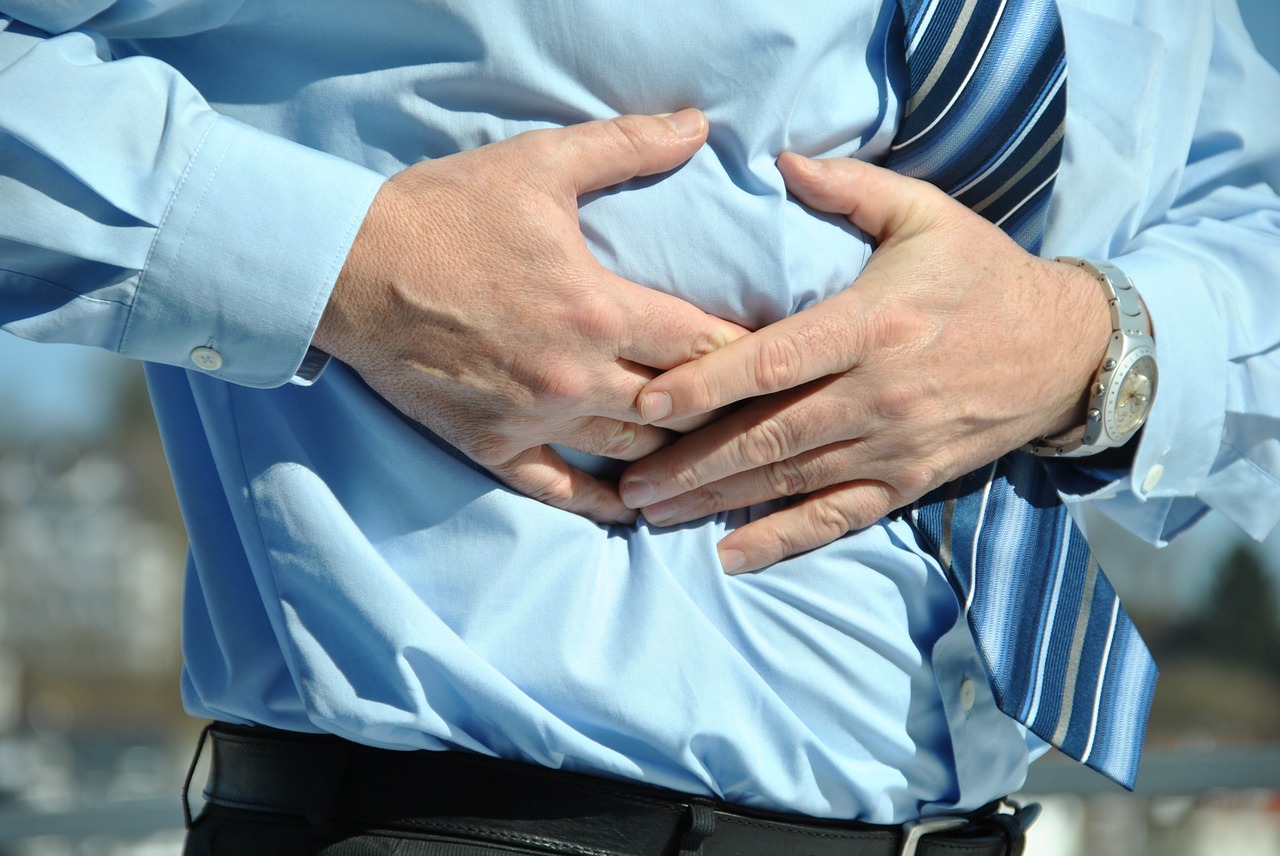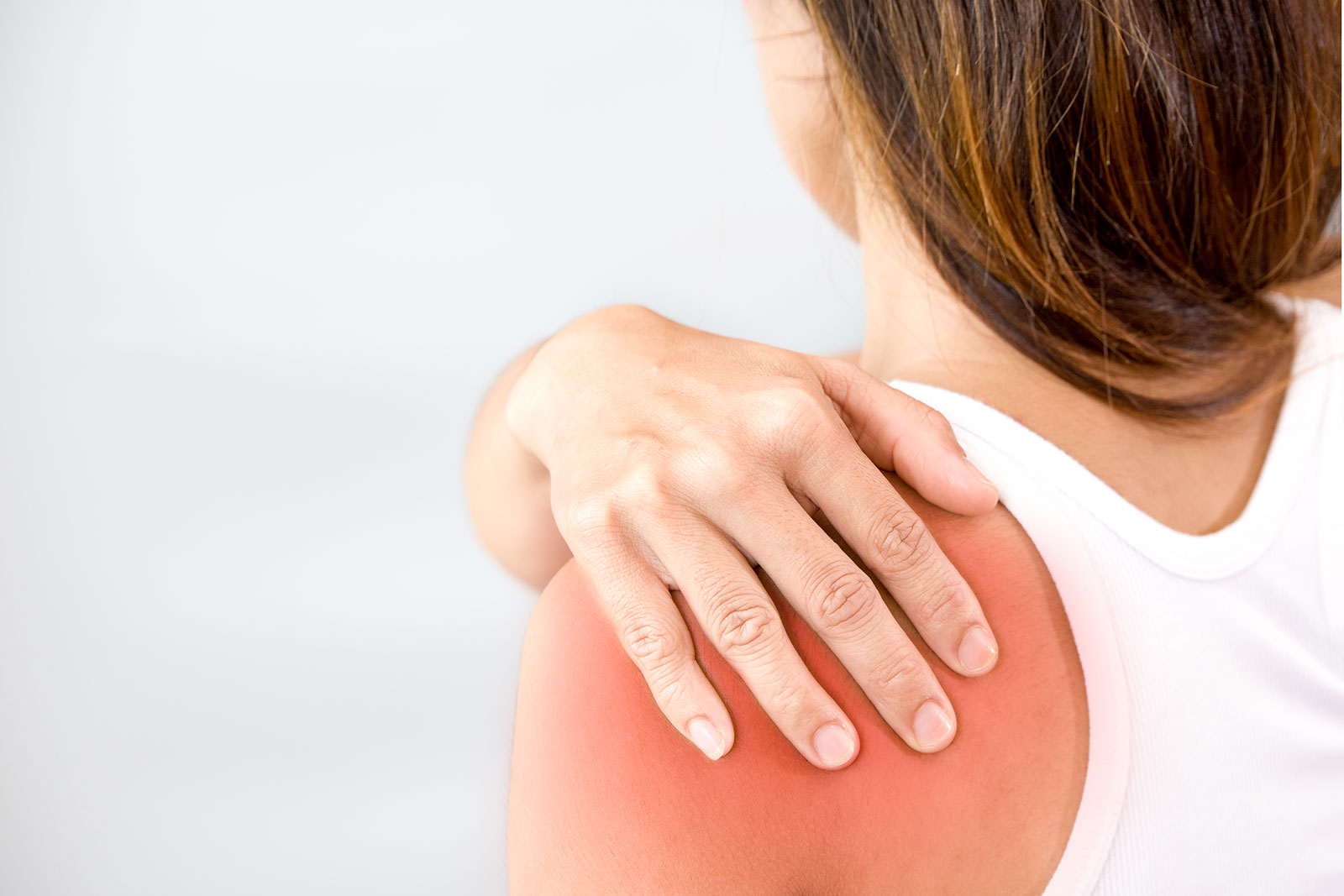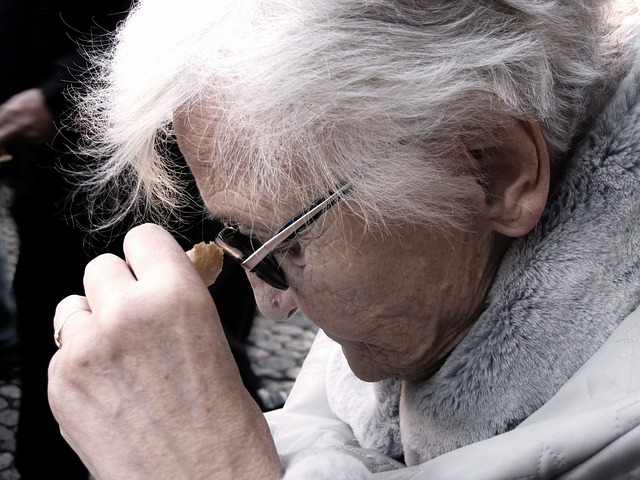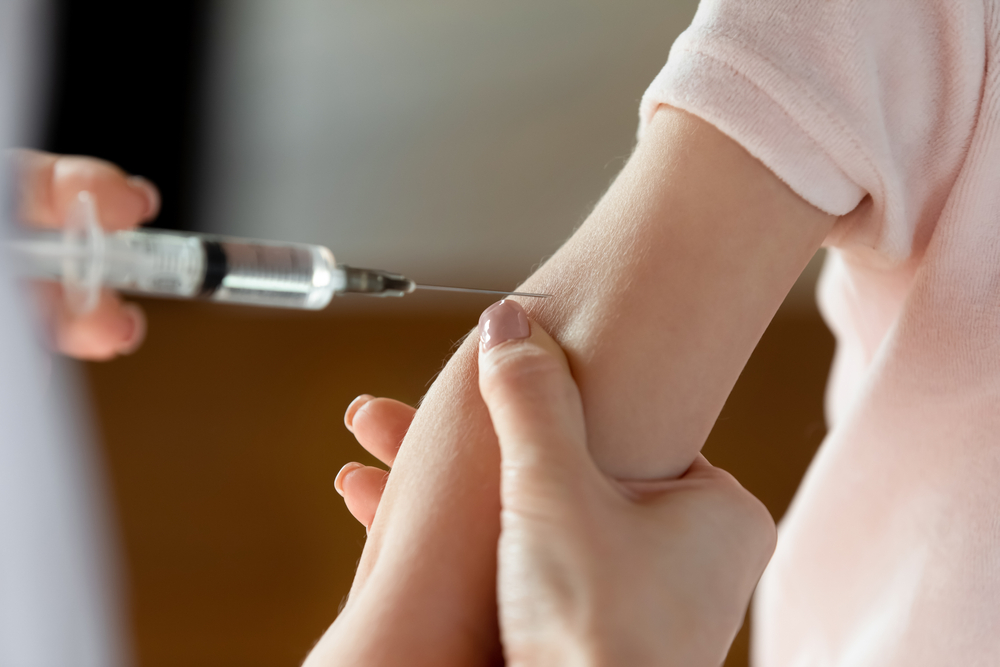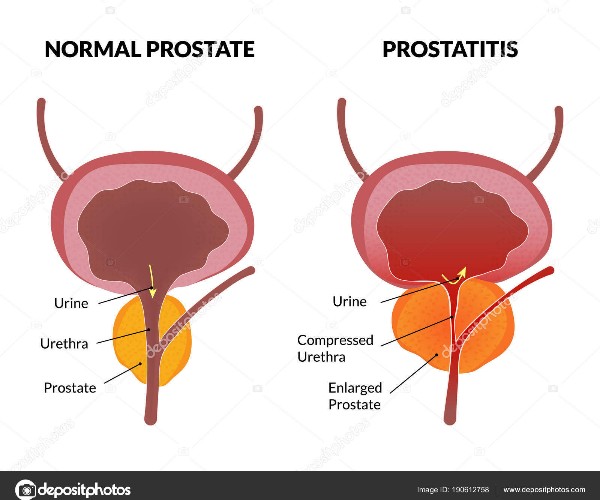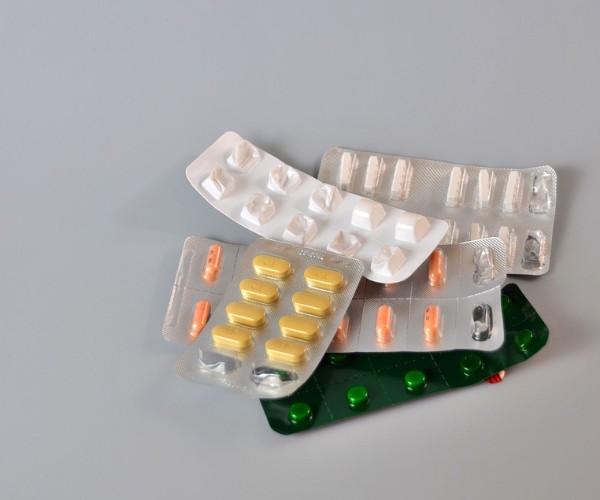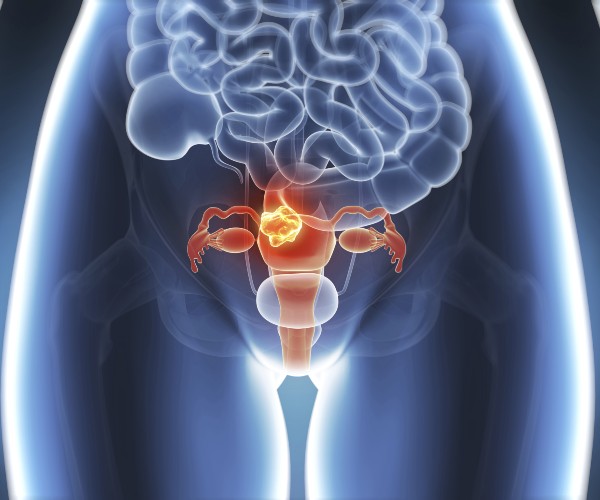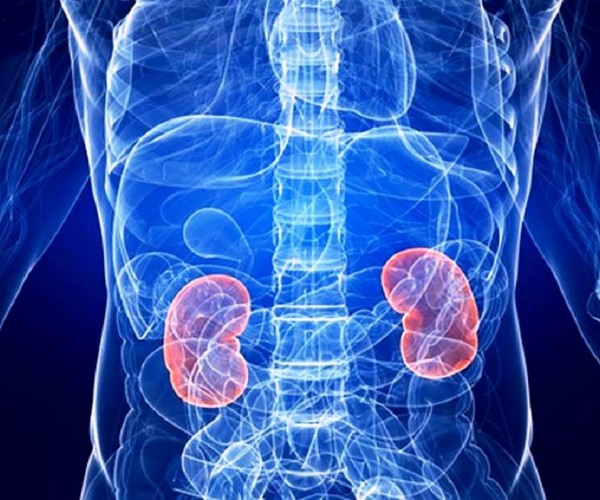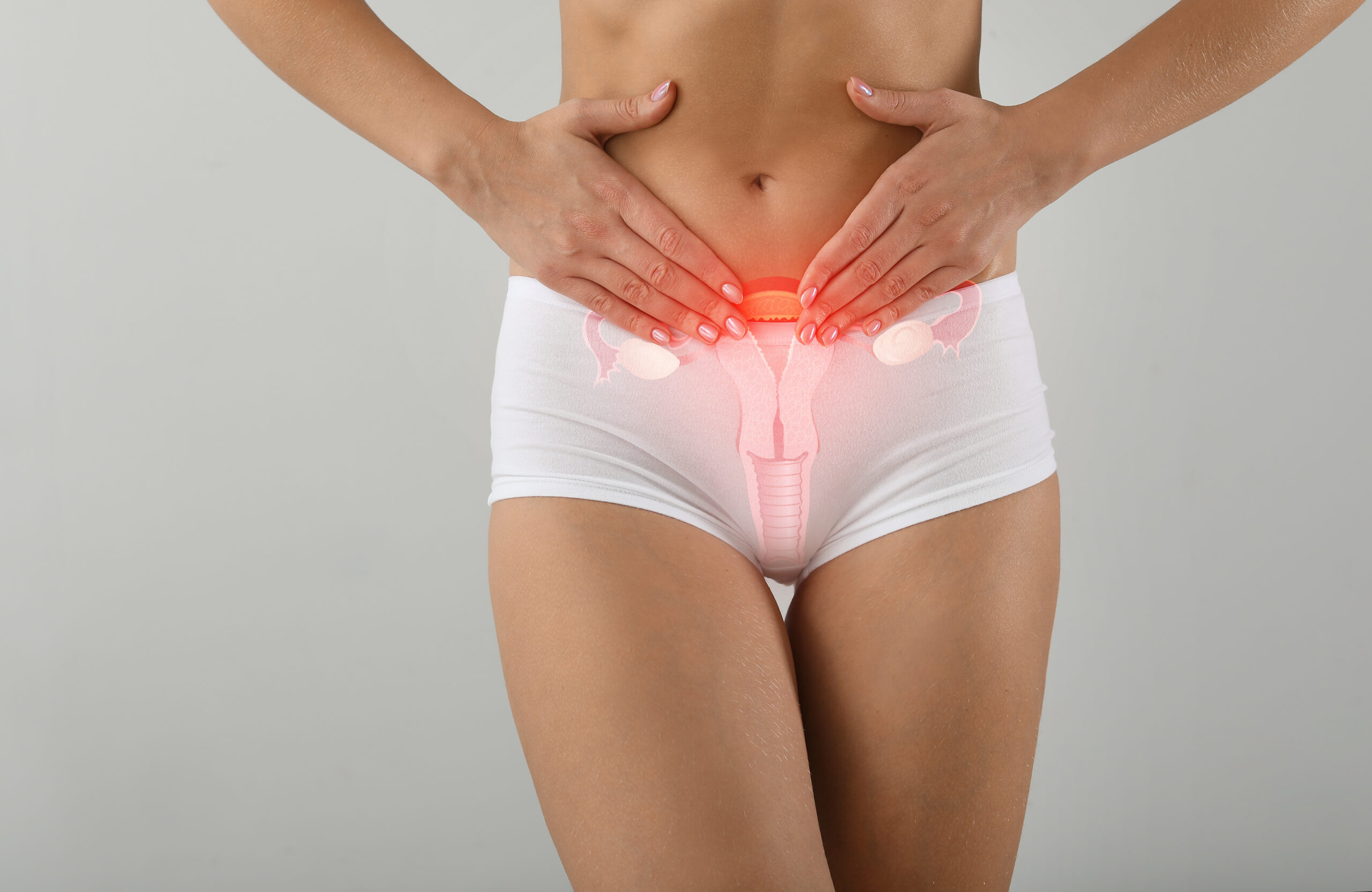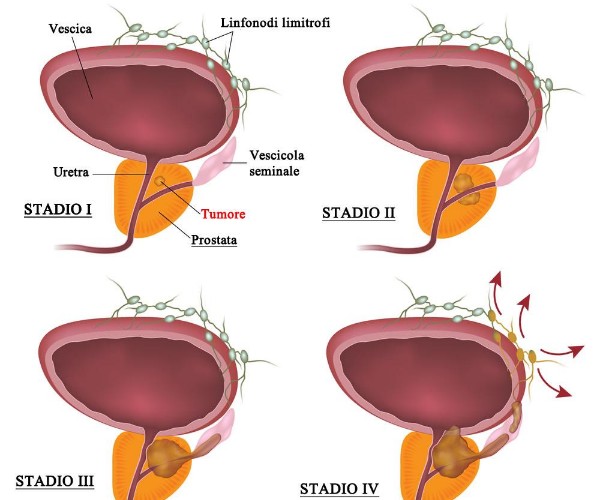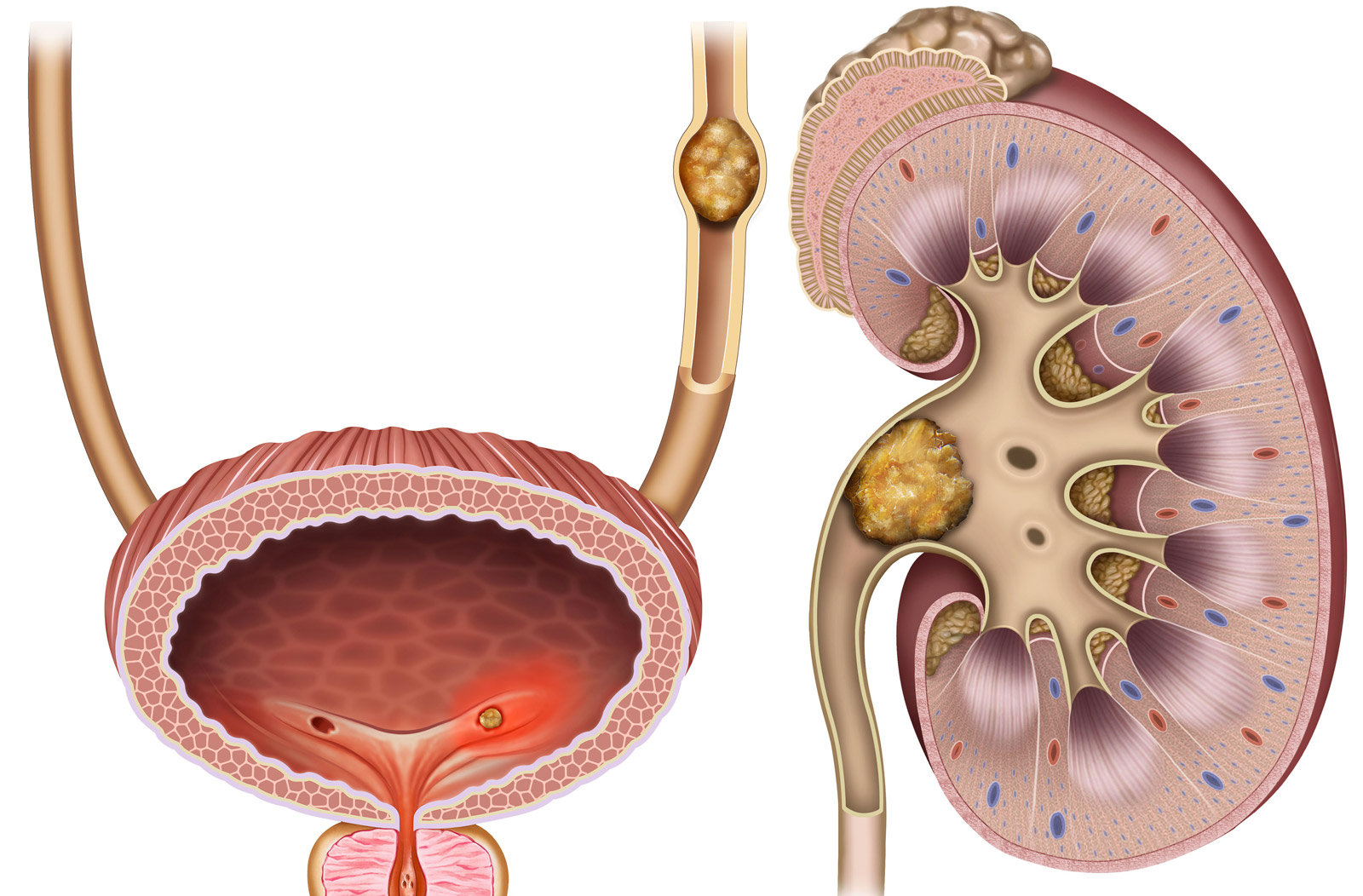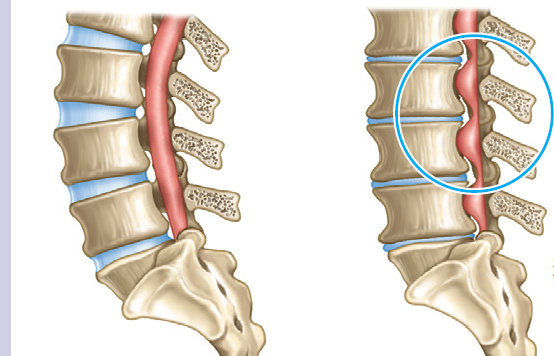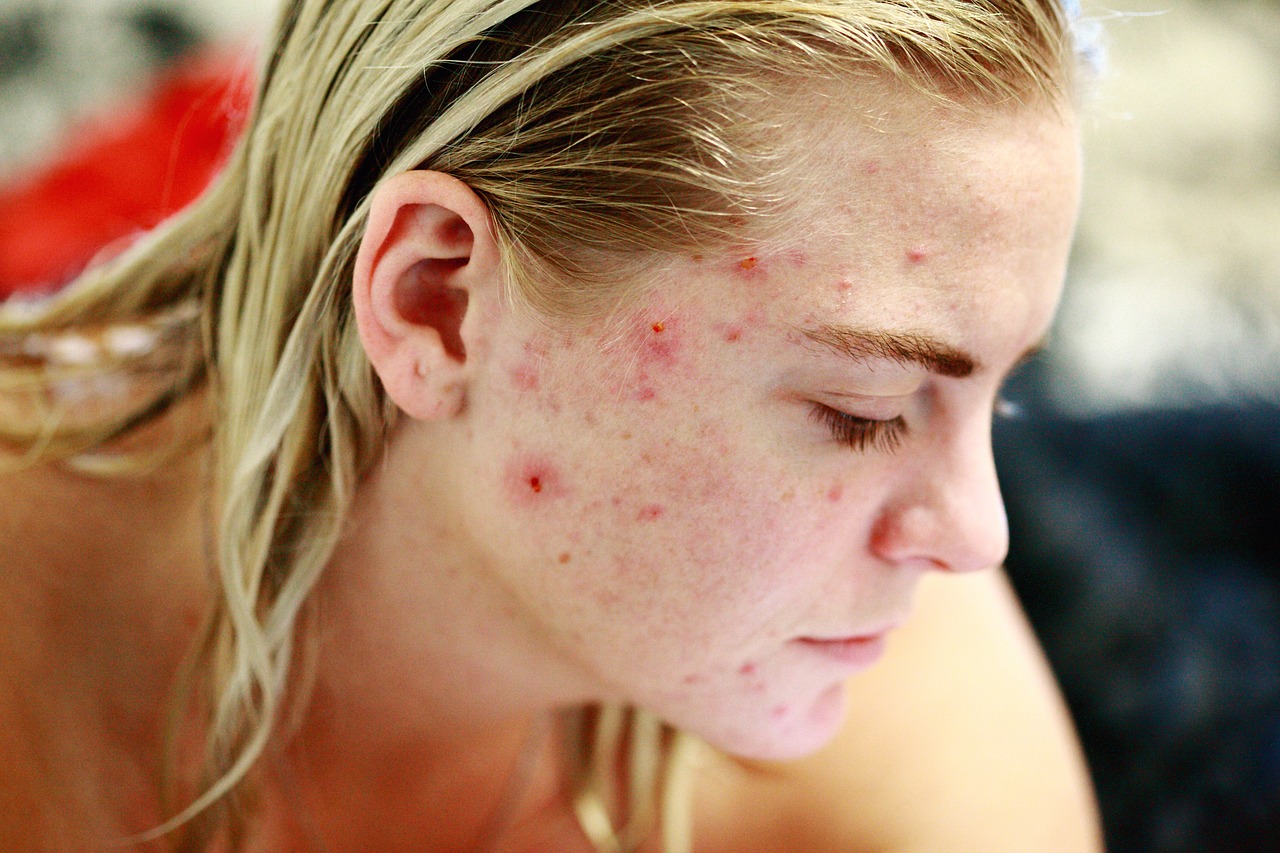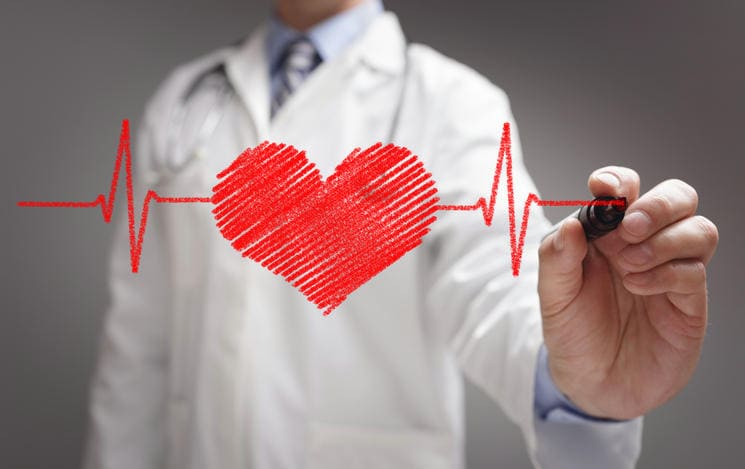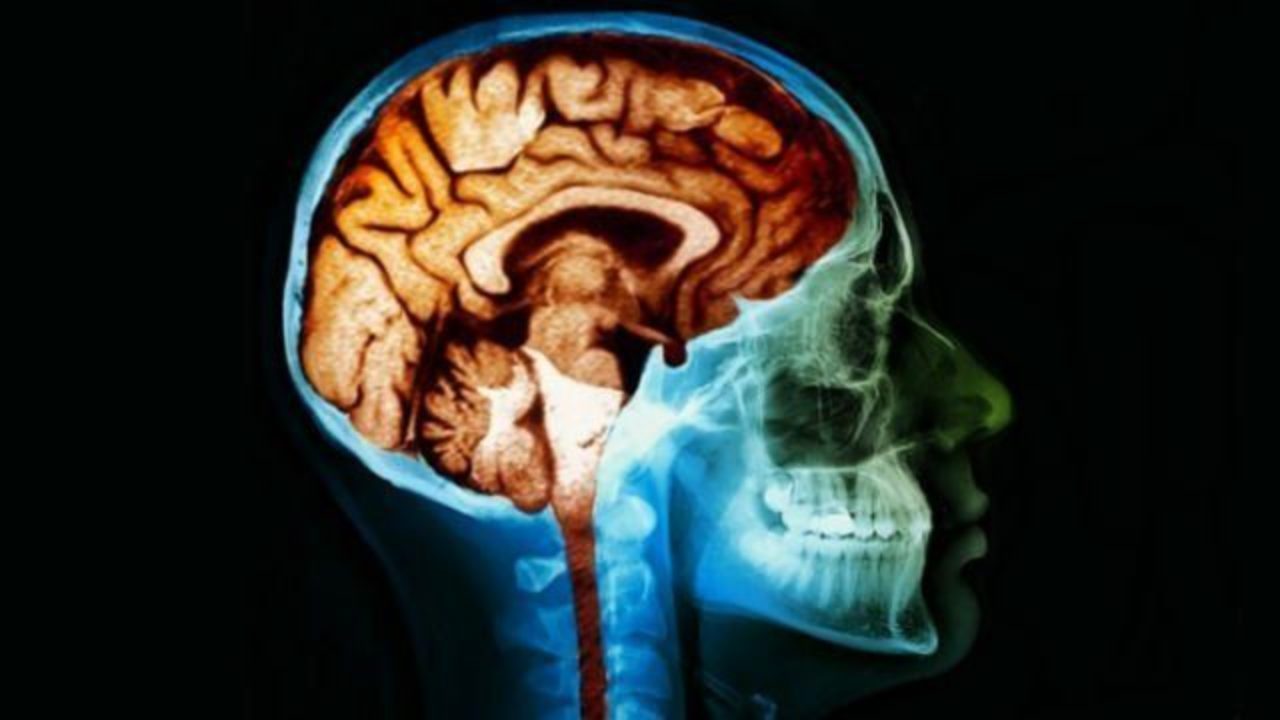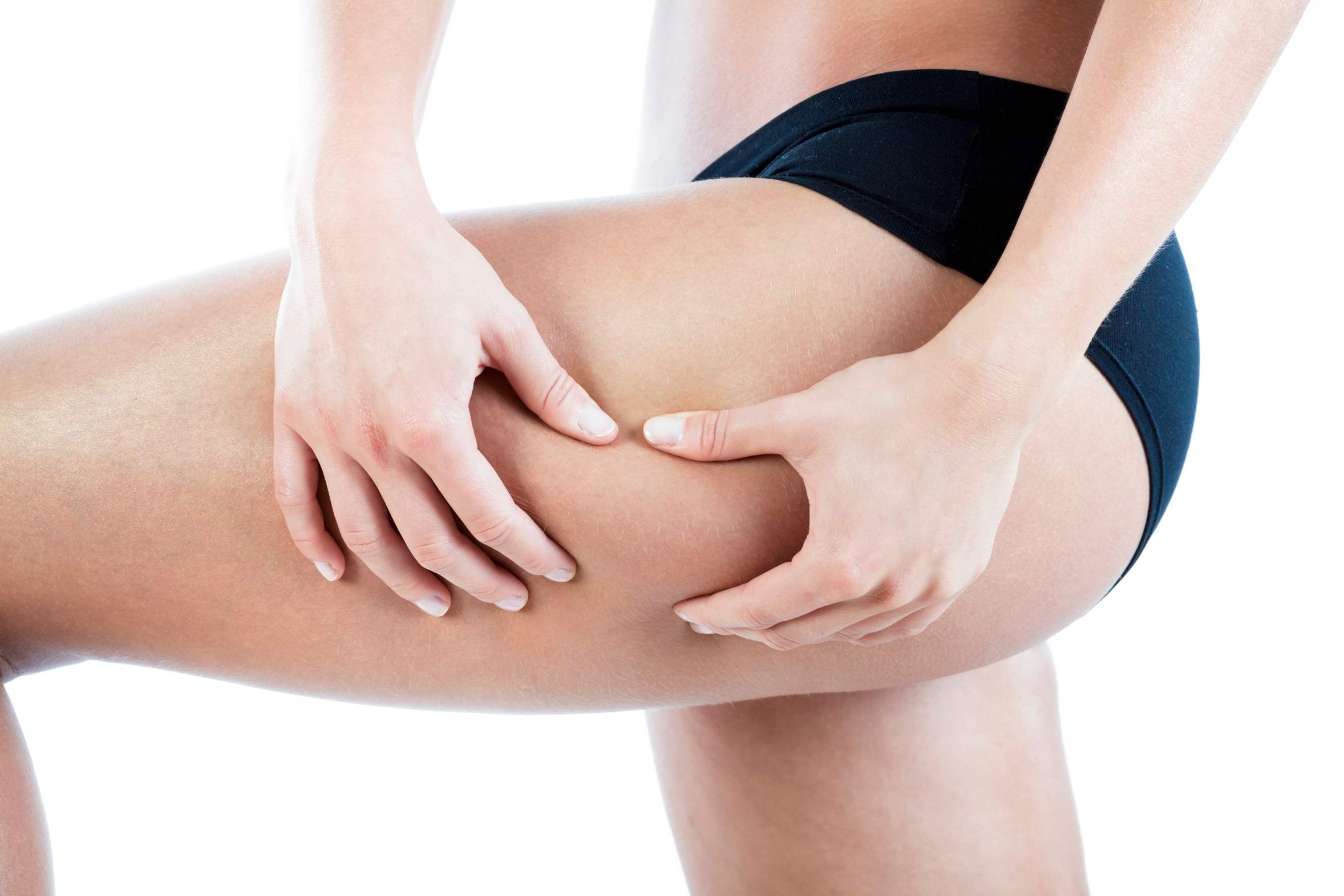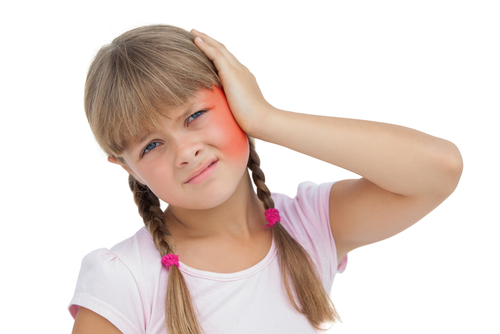Sexual desire is a mixture of many ingredients, such as affection, craving for attraction, desire to grope and possess a partner’s body, excitement in amorous exploration in a crescendo of passion, throbbing and quivering for a time during which the mind disconnects from everything else.
Precisely because of these characteristics, sexual desire is a delicate structure that does not tolerate external disturbing factors.
There are some particularly harmful disturbing factors to keep away from sexual desire, such as:
stress:
For some people, stress can act as a stimulus to handle many activities and do them well, but when stress then progresses by taking space in their personal lives as well, sooner or later it comes to the home and couple’s lives by attacking the “flame” of desire a little at a time. So stress, a slow and relentless destroyer of sex life must be managed to do no harm.
Everyone can learn to manage it safely either by taking protective measures for intimate life or by enlisting the help of a doctor or therapist.
Couple Dissants:
Fights, silences, unexpressed thoughts, fears of betrayal, lack of communication, living separate lives, are great enemies of sexual desire.
Women need to feel desired and to feel close in the couple in order to feed their desire. Likewise, men have a need to feel that they are the sole recipients of physical and sentimental love.
For both sexes, the consequences of quarrels, suspicions, and incommunicability are gradual estrangement and loss of trust and sexual desire.
The difficult thing is to recover the previous condition, but it may help to resort to couples therapy.
Alcohol consumption:
It is usually thought that alcohol can encourage sexual intercourse, but perhaps that may be true only if just that little bit to give cheerfulness, but it should be kept in mind that it can tarnish sexual desire if consumption becomes excessive to the point of shutting it down altogether.
The upheaval that alcohol causes, binge drinking does not preserve sexual intimacy, so if this happens you need to talk to your doctor.
Sleeping a few hours:
Problems such as insufficient sleep, or such as insomnia, sleep apnea, and not feeling rested can become a threat to sexual desire.
Poor sleep, bad sleep and no rest lower physical energy and slowly ruin desire.
Ideal conditions for initiating sexual intercourse require feeling rested, calm, and ready for sexy thoughts that promote attraction giving rise to intercourse.
The birth of children:
When children arrive, the commitment of parents in terms of time to care for the little ones, physical exertion, nighttime sleeps interrupted by crying, and worries that they have not done enough can foster an anxious condition and extinguish sexual desire. In practice, sexual intimacy loses importance and becomes secondary.
This should not happen, but instead efforts should be made in the couple to well define childcare tasks, with precise schedules, while carving out reserved spaces for their own intimacy, such as a quiet meal, and some intimacy by taking advantage of the child’s naps.
Protect their own space even by enlisting the help of a babysitter so that they can count on maintaining their sexual sphere.
Thetaking of drugs:
Medications, as we know, are indispensable but sometimes they can also be responsible for lowered libido and consequently loss of sexual desire. Among them:
- Antihypertensives to regulate blood pressure.
- Antidepressants, drugs useful for regulating mood.
- Anticonceptional, for the regulation of conception.
- Chemotherapy, for the treatment of cancer.
- Antivirals, for the treatment of HIV immune deficiency.
- Antiprostatic, for the treatment of prostatitis.
Avoiding changing medication or dose without hearing the advice of the treating physician, but reporting inconveniences caused to sexual desire, for modification of therapy.
An unfit physical appearance:
First and foremost, pleasing yourself, feeling in good physical shape to then be attractive to your partner as well, and sexy enough to fuel sexual desire. It is well known that a neglected look, poor fitness do not encourage the maintenance of desire. Also feeding the partner’s expectations by reassuring him or her about his or her looks and sexy appearance helps to strengthen sexual desire in both partners.
Obesity:
Excessive weight, cumbersome physical bulk are deterrents first of all for oneself and then also for the couple. Strive to achieve a lower weight with a proper diet and under medical supervision, and make use of a counseling therapist to boost one’s self-esteem so that a better couple intimacy can be recomposed, which increases sexual desire.
Erectile dysfunction:
Worry about having adequate sexual performance can negatively affect desire by draining it of creativity, and ruining the couple’s sexual understanding.
Erectile dysfunction in men can be resolved by setting up therapy that takes into account both physical and psychological aspects. Seek medical advice to overcome the problem by zeroing in on the worry so that sexual desire and the fantasy that fuels it can return.
Low testosterone levels:
Testosterone is the hormone that sustains and increases sexual desire in men. Its levels tend to decline over the years, causing some men to have less sexual desire, while in others the fact does not significantly reduce the loss of desire.
As there are many other factors that can influence sexual desire, testosterone is considered as one of the factors contributing to the maintenance or not of desire, the response to the different factors not being then the same for all men.
Depression:
Depressive illness erases many pleasures and greatly reduces the various elements that contribute to a good quality of life, among them the desire for sex.
If this happens talk to your doctor by openly reporting the discomfort of reduced or nonexistent sexual desire.
Treatment can only involve the administration of antidepressant medication, but also, depending on the case, the intervention of a therapist with psychology sessions as an adjunct to drug therapy.
Menopause:
WHEREAS, menopause is not a disease but only a medical condition due to the disappearance of the menstrual cycle.
Many women witness a drop in sex drive during menopause. Symptoms such as vaginal dryness and thinning of the vaginal mucous membranes may occur, as well as pain during intercourse.
But each woman can react differently to the inconveniences of menopausal age by improving her self-esteem, taking better care of her love relationship so as to provide continuity and strengthening sexual desire for ever-satisfying intimacy.
Little time devoted to the couple:
Desire can also be threatened by a lack of closeness between partners, a lack of shared experiences.
Sexual desire is fueled if the couple is close and shares facts and experiences in an atmosphere of intimacy, which is even more than just intercourse.
Intimacy as a couple cannot only be based on sex, but also on experiencing some moments of pleasure together, such as a trip, a special meal, shopping, or an exclusive project for both of us.
As a couple, talking about small things, exchanging compliments and messages, having small complicities can strengthen love even beyond sex, and help keep sexual desire alive.



